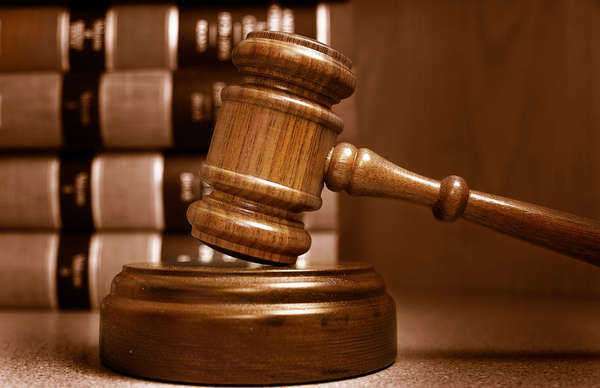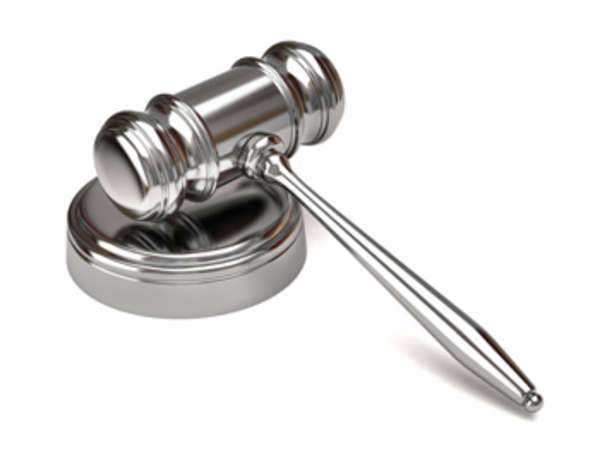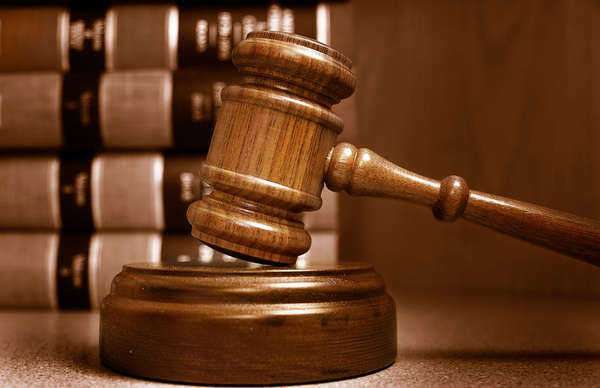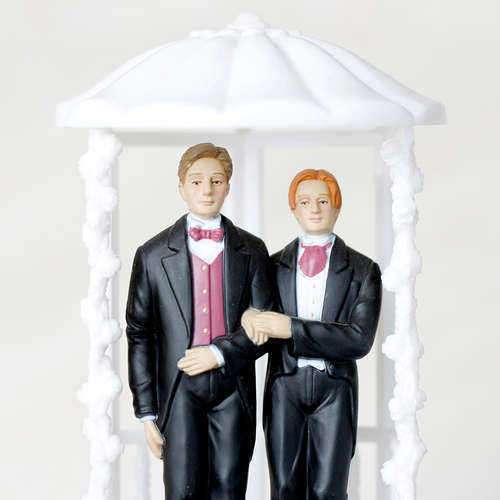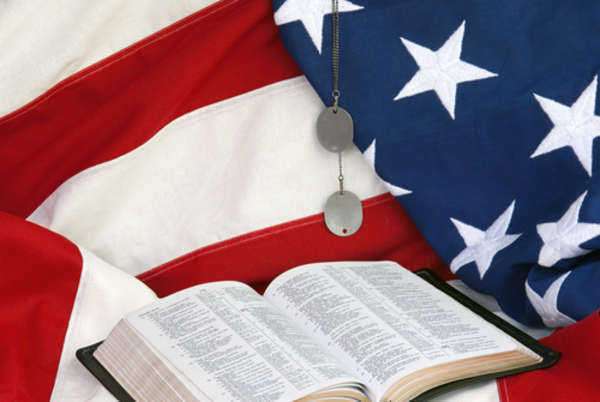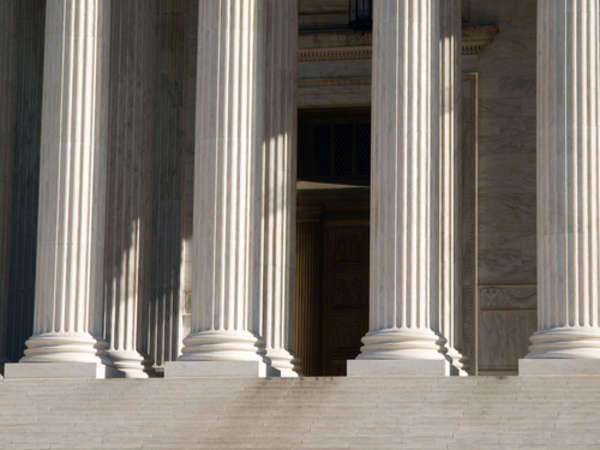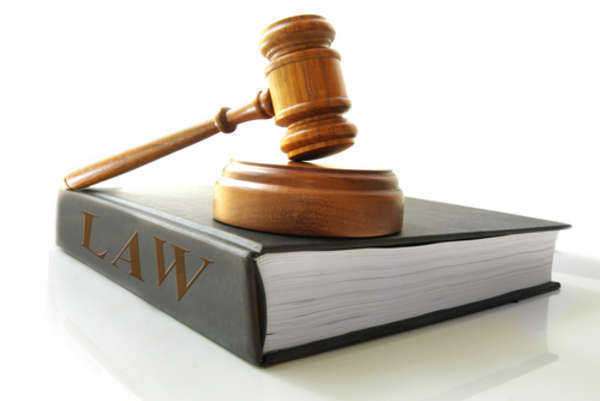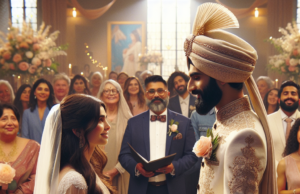Gay Marriage Laws in Colorado
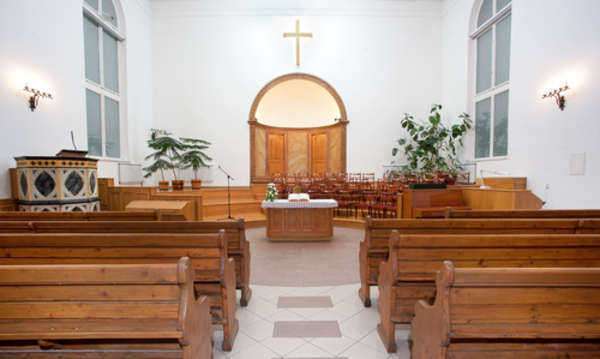 In Colorado,
In Colorado,
gay marriage laws are moving toward achieving equality. While gay marriage is
not legal in Colorado, gay marriage laws allow for same sex unions, which
entitle partners to certain rights. In Colorado, gay couples can enter into a
designated beneficiary agreement which entitles them to certain benefits
regarding funeral arrangements and retirement plan disbursements.
partners can receive death benefits and inherit property. In the past, a will
was required to designate such rights. However, wills could not cover all
issues covered in a designated beneficiary agreement. In Colorado, gay rights
are taking a step toward the equality enjoyed by other individuals. In fact, gay
marriage laws are headed toward positive changes in most of the nation.
the process seems rather slow, the impact of Bills like Bill 1260, can begin
implementing a positive change. These small steps will eventually lead to
big changes in gay marriage laws.In 2009, Governor Ritter signed the bill that granted many rights that may
eventually impact gay marriage laws in Colorado. Gay marriage is still banned
in Colorado but civil unions are not specifically banned.
not specifically allow for civil unions, Bill 1260 does allow couples
certain rights that were not in place before. For example, non married couples
can utilize these rights for the purposes of estate planning, medical decision
making, the purchase of property and certain benefits that were not allowed
previously. In fact, the bill allows for shared retirement plans and life
insurance policies.
constitutional amendment, to allow marriage for any two consenting adults. If
approved, the measure would override Amendment 43 which stated that marriage
was union between a man and a woman. Many states use this wording in order put gay
marriage laws in effect, without actually doing so.
forbid gay marriage by only legally allowing unions between a man and a woman. Gay
marriage laws only have the strength of their wording. In fact, states that do
not expressly forbid gay marriage, are more likely to allow couples at least
some of the rights of marriage. Colorado is a good example of that. In fact, it
appears that gay marriage laws are in the process of changing thanks in part to
Bill 1260 and the current ballot measure.

